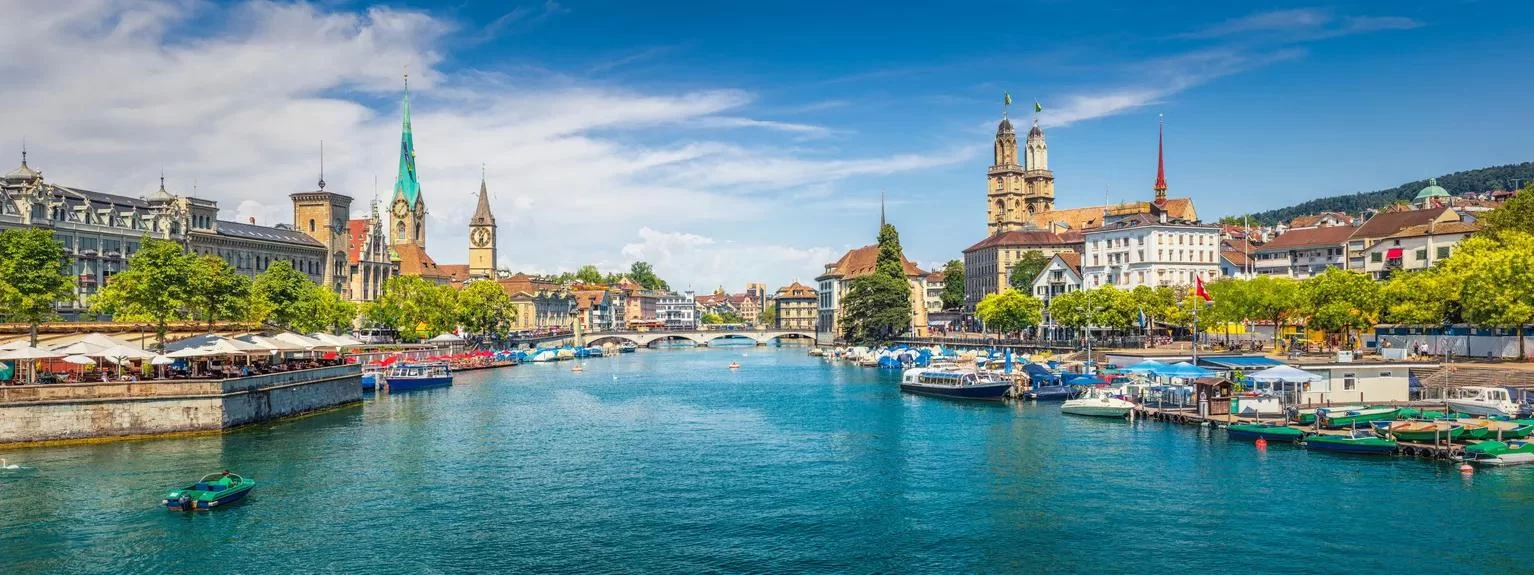How to Travel Responsibly While Visiting Tourist Destinations
- Why Responsible Travel Matters
- Key Principles of Responsible Tourism
- Real Travel Stories: How to Apply Responsible Travel
- Practical Tips for Traveling Responsibly
- Explore More Sustainable Travel Options
Why Responsible Travel Matters
Traveling is an enriching experience, but it also comes with responsibility. As global tourism continues to grow, its environmental, social, and cultural impact has become a topic of concern. Responsible travel is about making informed choices to minimize your negative impact on the environment, local communities, and the economy while enhancing the benefits of tourism. With the rise of eco-conscious travelers, there’s a shift toward more sustainable practices in tourism, ensuring that future generations can enjoy the world's most beloved destinations.
For example, many popular tourist destinations are experiencing overcrowding, leading to the depletion of natural resources and the loss of cultural authenticity. Responsible travel helps to address these challenges by encouraging behaviors that protect the environment and support local economies. By traveling responsibly, you help preserve the places you visit for future travelers and contribute to a more sustainable tourism industry.
Key Principles of Responsible Tourism
1. Respect for Local Cultures and Communities
One of the cornerstones of responsible tourism is respecting the local culture and community. This means learning about local traditions, respecting local customs, and interacting with locals in a thoughtful and considerate way. When visiting remote villages or cities, try to avoid behaviors that could be seen as disrespectful, such as taking photos without permission or disregarding local dress codes.
In many places, community-based tourism allows travelers to engage directly with local cultures while ensuring that the benefits of tourism are shared with the people who call these areas home. For example, in Bali, travelers can participate in traditional cooking classes and cultural ceremonies, which not only support local artisans and chefs but also provide a deeper understanding of the island’s rich heritage.
2. Environmental Sustainability
Being mindful of your environmental footprint is essential when traveling responsibly. This includes reducing plastic waste, minimizing energy consumption, and supporting eco-friendly accommodations. Many destinations are embracing sustainability by offering eco-lodges, promoting green transportation options, and encouraging waste reduction practices.
When visiting nature reserves or wildlife sanctuaries, always stick to marked trails, respect wildlife, and avoid disturbing natural habitats. Eco-conscious travelers are increasingly choosing destinations that emphasize sustainability, such as Costa Rica, which has become a leader in sustainable tourism. You can enjoy its pristine rainforests and diverse wildlife while supporting conservation efforts through eco-tourism initiatives.
3. Supporting Local Economies
One of the greatest impacts you can have as a responsible traveler is supporting local businesses. Instead of staying at international hotel chains, consider booking local accommodations or dining at family-owned restaurants. This ensures that the money you spend stays within the community and helps sustain local livelihoods.
Take for example the small islands of the Philippines, where eco-friendly resorts run by local families offer an immersive cultural experience while supporting sustainable practices. Travelers who choose these local-run accommodations help promote economic development without disrupting the environment or culture.
Real Travel Stories: How to Apply Responsible Travel
Let’s take a look at a real-life example. Sarah, a frequent traveler, recently visited the Galápagos Islands, known for their fragile ecosystems and unique wildlife. Rather than opting for large cruise ships that might have a significant environmental impact, Sarah booked an eco-tour that focused on wildlife conservation and sustainable practices. This not only provided a more authentic and enriching experience but also ensured that the money spent directly contributed to the local conservation efforts.
Sarah’s story highlights a key point: responsible travel is not just about avoiding harm—it's also about creating a positive impact. She actively supported sustainable wildlife tours, visited local markets where artisans sold handmade goods, and made an effort to minimize her carbon footprint by using public transportation and walking when possible. Her experience was not only rewarding for her but also had a lasting, positive impact on the destination.
Practical Tips for Traveling Responsibly
1. Choose Eco-Friendly Transportation
Whenever possible, opt for public transportation, bike rentals, or walking to explore your destination. This reduces emissions and minimizes traffic congestion, which is particularly beneficial in popular tourist cities. If you must rent a car, consider choosing an electric or hybrid vehicle for a more eco-conscious option.
2. Support Sustainable Accommodations
Look for hotels or hostels that have green certifications or that prioritize sustainable practices, such as reducing waste, conserving energy, and sourcing food locally. Websites like Rob Travel often feature eco-friendly lodging options that cater to responsible travelers.
3. Minimize Plastic Waste
Carry reusable water bottles, straws, and shopping bags to help reduce the plastic waste that often plagues tourist destinations. Many places, such as Hawaii, have even banned single-use plastics, and your support for such efforts will be greatly appreciated by local communities and the environment.
4. Educate Yourself Before You Go
Before heading to a new destination, take time to research the local customs, sustainability efforts, and current challenges faced by the community. Being informed will help you travel with more respect and understanding of the place you’re visiting.
Explore More Sustainable Travel Options
If you're ready to embark on your next responsible adventure, consider destinations that prioritize sustainable tourism. Countries like New Zealand, Bhutan, and Iceland are leaders in eco-friendly tourism, offering experiences that let you enjoy nature while preserving it.
Want to learn more about sustainable travel options? Explore our curated list of responsible tourism destinations and book your next trip through Rob Travel to ensure your travel choices align with your values.






